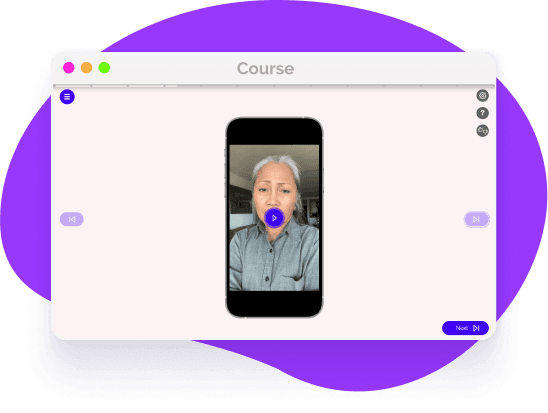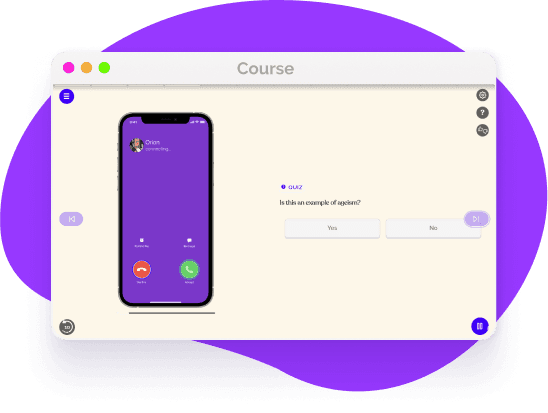Introduction to California Privacy Rights Act (CPRA) Training
In this course, we will embark on a journey across the Golden State and take a close look at the California Privacy Rights Act, commonly known as CPRA. We begin our journey in Sacramento, the state Capitol, where the CPRA law was signed.

California was the first state to address data privacy
The technology in our world is changing rapidly, and businesses use personal information to gain an edge over their competitors. The state of California is the first in the United States to offer consumers the right to decide what an organization is allowed to do with that information. To begin, let's have a look at where CPRA originated.

How do Businesses collect consumer data?
Businesses and organizations collect consumer data in a variety of ways. This can include the data collected when consumers make a purchase or the browsing history of users who visit websites or download apps. In the past, consumers haven't had much control over who collects the data and how it is used or shared.

Let’s learn about the history of the California Consumer Privacy Act.
In 2020, California residents voted to enhance CCPA law with an amendment entitled the California Privacy Rights Act, or CPRA. This act expanded on the protections offered to consumers and created a new enforcement agency.
Also, in 2018, a similar law was put in place in the state of California. The California Consumer Privacy Act, or CCPA, was the first of its kind in the United States. Like GDPR, it also aimed to protect consumers' privacy rights regarding their personal data. CCPA provided consumers with rights and protections, gave businesses guidelines to adhere to, and granted California's Attorney General the power to enforce the law.
In 2018, the General Data Protection Regulation, or GDPR, was signed into law in the European Union. The goal of GDPR was to protect consumer privacy rights, with a primary focus on the collection and movement of consumer data.

U.S. State Laws protecting consumer data usage
CPRA effectively replaced CCPA on January 1, 2023 with enforcement in June of 2023. Also, since the signing of CCPA in 2018, there have been other states that have followed California's lead in creating laws to protect the privacy rights of its residents. However, as of the publication of this training, there is no federal law affecting the entirety of the United States.
Goals of CPRA Training
Your employees will gain valuable knowledge, skills and experience to support the strategic goals of your organization with EasyLlama’s CPRA training.
Here are some myths to look out for:
- -
Identifying the basic tenets of consumer privacy laws and defining the rights given to consumers under CPRA
- -
Reviewing business requirements for the collection and movement of consumer data
- -
Discussing best practices for staying in compliance with CPRA
- -
Recognizing the enforcement agencies and penalties involved with CPRA violations

The most thorough CPRA training Course on the market
With EasyLlama’s engaging and interactive CPRA training program, employees will be able to name the rights granted to customers, the demands placed on companies, the fines and penalties that might result from breaking the legislation, and best practices for adhering to the CPRA. Any organization that gathers personal data from California residents can benefit from this course.

Helping over 8,000+ organizations create a safer, more inclusive company culture
Any organization that gathers personal data from California residents can benefit this course. The purpose is to educate employees to understand the regulations that govern how data is gathered, utilized, and shared in order to better advise them in protecting consumer data. The course covers:
































